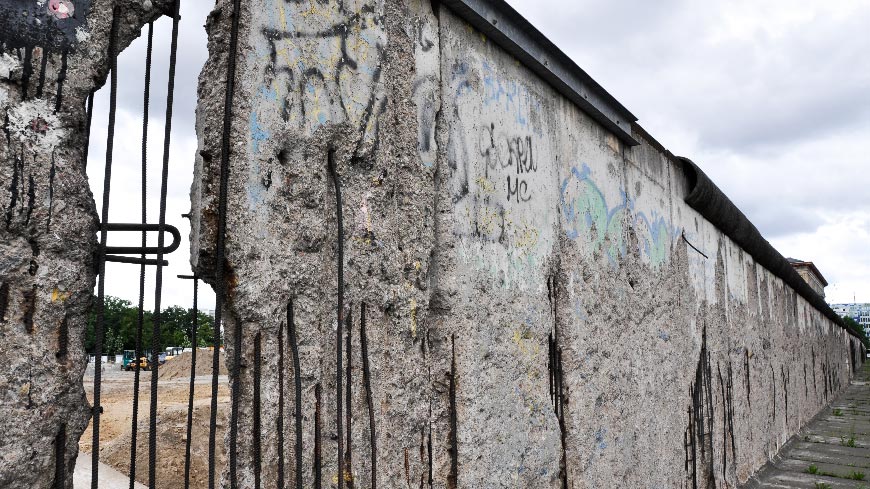History can be taught in ways which foster reconciliation within and between nations, avoiding prejudice, stereotypes, and biased thinking.
The newly-established Council of Europe’s Observatory on History Teaching in Europe will tackle challenges on the way history is taught in the Continent, devoting its first annual Conference (Strasbourg, Palais de l’Europe, 2-3 December) on the theme “history for democracy”.
The event, entitled “Preserving Democracy: Why does history education matter?” (programme - registration), will bring together education professionals, government representatives and high-level experts to engage on the state of history teaching in Europe and related policies. Secretary General Marija Pejčinović Burić will deliver a welcoming address together with French Minister of National Education, Youth, and Sports, Jean-Michel Blanquer (video message) and Vice-President of the European Commission, Margaritis Schinas. Ambassador Michele Giacomelli, Permanent Representative of Italy to the Council of Europe, will take part in the opening session on behalf of the Italian Presidency of the Committee of Ministers.
“Pandemics and Natural Disasters as Reflected in History Teaching” will be the focus of the Observatory’s first thematic report, with a talk provided by the historian Niall Ferguson.
Background
As stated in the European Cultural Convention, the Council of Europe has recognized since its inception the relevance of history as a basis for education of the citizens of Europe. The Observatory, established on the initiative of the French government in November 2020, builds on the Organisation’s decades of experience in history teaching and aims to complement and reinforce its intergovernmental programme. The Observatory’s main purpose will be to collect and make available, through a series of regular and thematic reports, factual information on the ways in which history is taught in all participating countries. The main aim will be to facilitate exchange of good practice and mutual learning. It will also serve as a platform for the professional development and networking for European professional associations and institutes active in the field of history teaching.
In the context of rising populism, history education that encourages multi-perspectivity and critical thinking is key to the development of a culture of democracy. By bringing to the fore practices which encourage history teaching in line with Council of Europe values, the Observatory will contribute to strengthening resilience against the manipulation and distortion of history and will help to promote peace and dialogue.
More information
Observatory’s member states (17): Albania, Andorra, Armenia, Cyprus, France, Georgia, Greece, Ireland, Luxembourg, Malta, Portugal, North Macedonia, Russian Federation, Serbia, Slovenia, Spain and Turkey.
Governing Board Chair: Alain Lamassoure (France).



